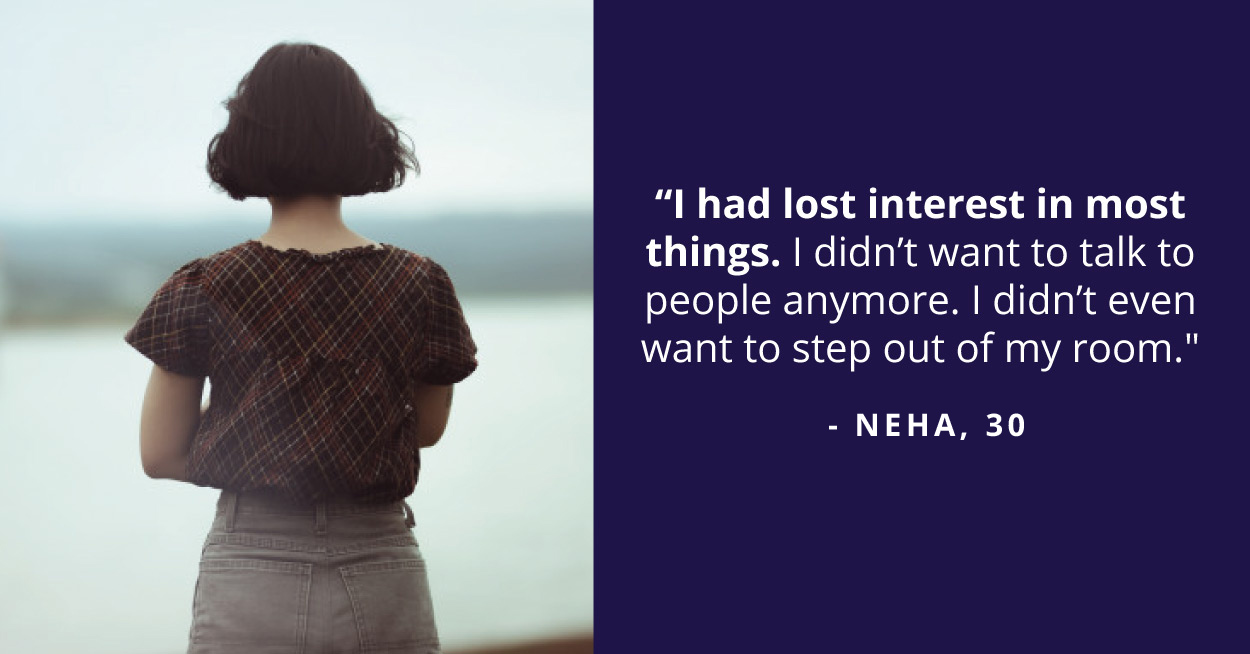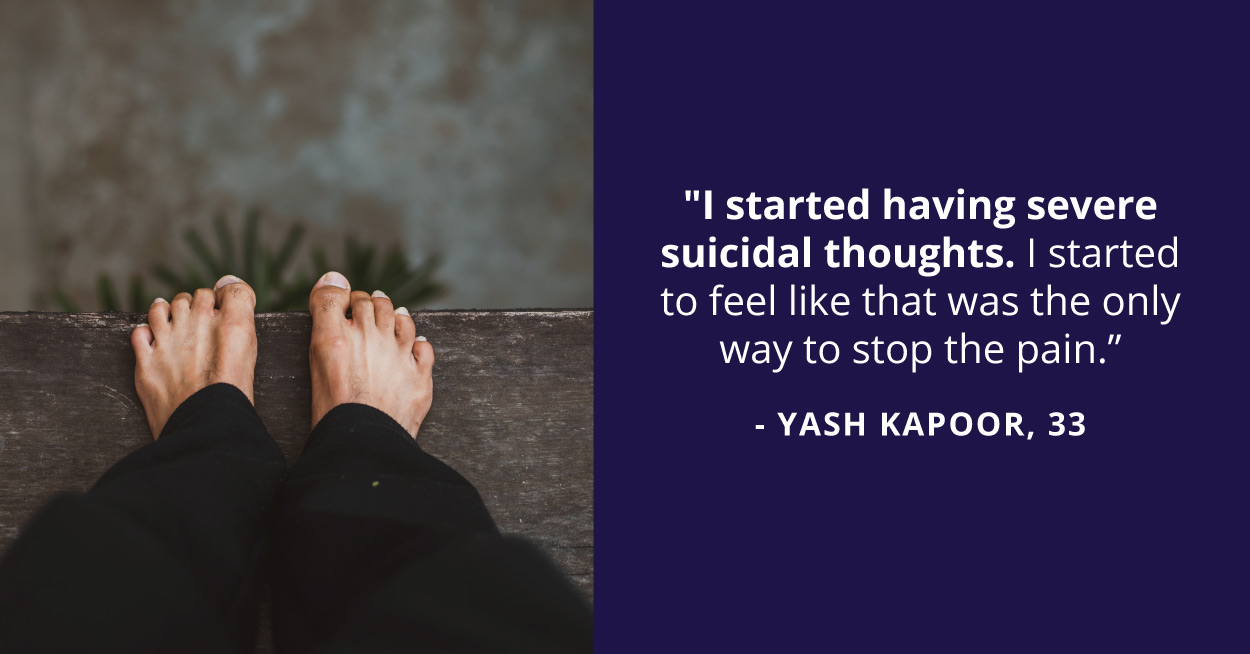 |
| Image Credits: darcyadelaide |
What is depression?
According to World health Organization (WHO), “depression is a common mental disorder, characterized by sadness, loss of interest or pleasure, feelings of guilt or low self-worth, disturbed sleep or appetite, feelings of tiredness and poor concentration.” Depression affects one’s over all function. Starting from the physical, psychological to the emotional well being of the person along with social, occupational and educational impairment. It is a generalized term interchangeably used with feeling ‘low’.
Difference between feeling low and depressed?
Symptoms of depression?
Depression is a long lasting mood disorder. To be diagnosed with depression, at least 5 out of the following 8 symptoms should be present for a period of at least two weeks:
- Decreased interest in most activities
- Irritable and low mood throughout the day.
- Experiencing lack of energy and tiredness
- Feeling Guilt or worthlessness, self blaming
- Change in appetite and Change in weight.
- Inability to concentrate or make any decision
- Change in sleep patterns. Either increased sleep (hypersomnia) or decreased sleep (Insomnia)
- Recurring thoughts about death or Suicide.
- Antidepressants: A form of medication prescribed by a General practitioner or preferably by a Psychiatrist for depression. It is important to consult a professional before the intake of any antidepressant so as to keep the side effects in check. Common side effects are nausea, sweating, anxiety, dry mouth, dizziness, restlessness headache and even increases irritability. Also each medicine is different from the other hence for the best results consulting a professional is important.
- Psychotherapy: Other than medication what holds equal important is therapy. One of the more commonly used is CBT (Cognitive Behavioral Therapy) that helps you deal with your negative thoughts effectively. Other therapies talk therapy, interpersonal therapies also work well in depression.
- Self help: What really makes a change is your will to come out of it. While medication and therapy are both important in case of depression what works is the small changes that are made in our day to day lives. Starting from a nutritious diet, proper sleep to regular exercise.



